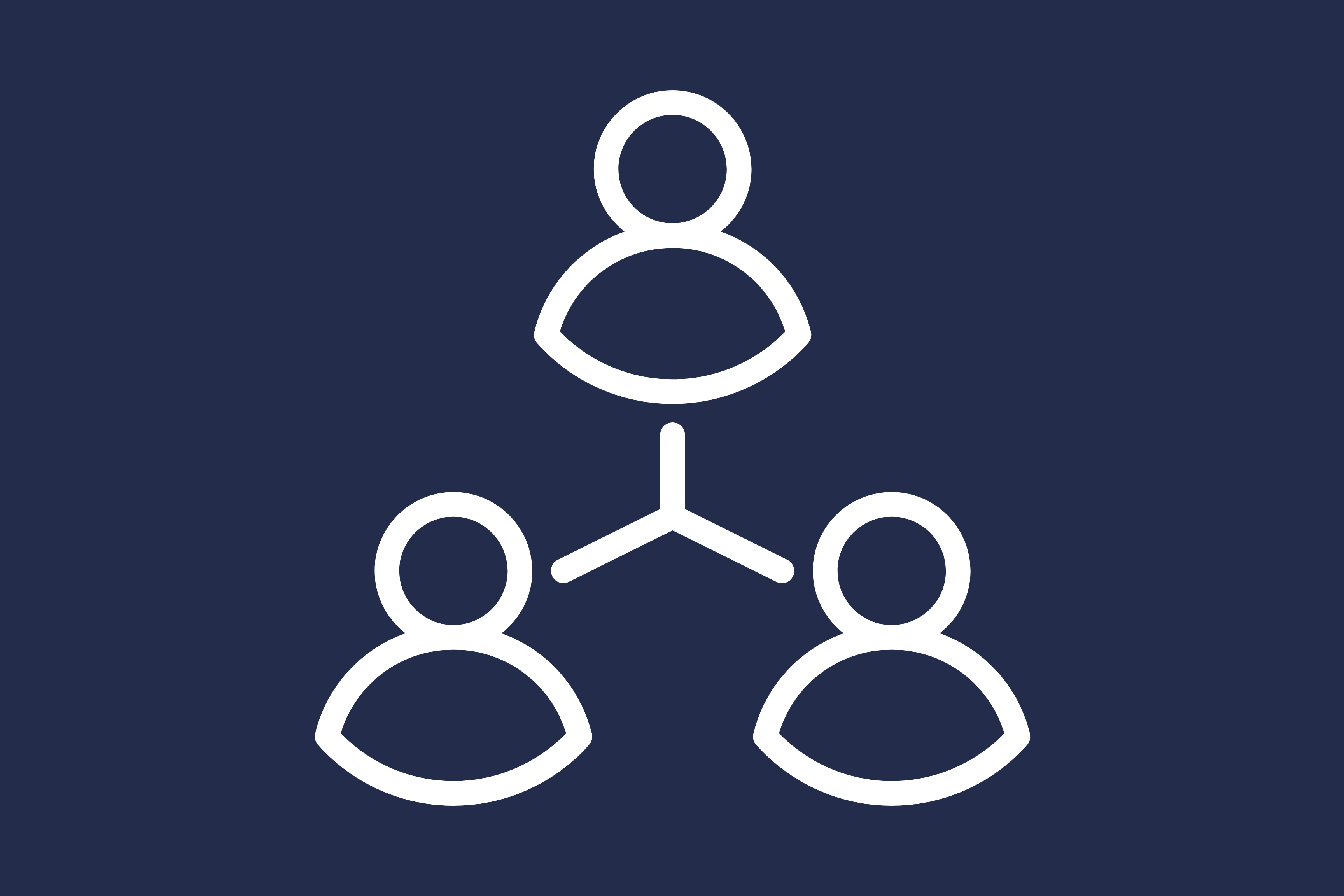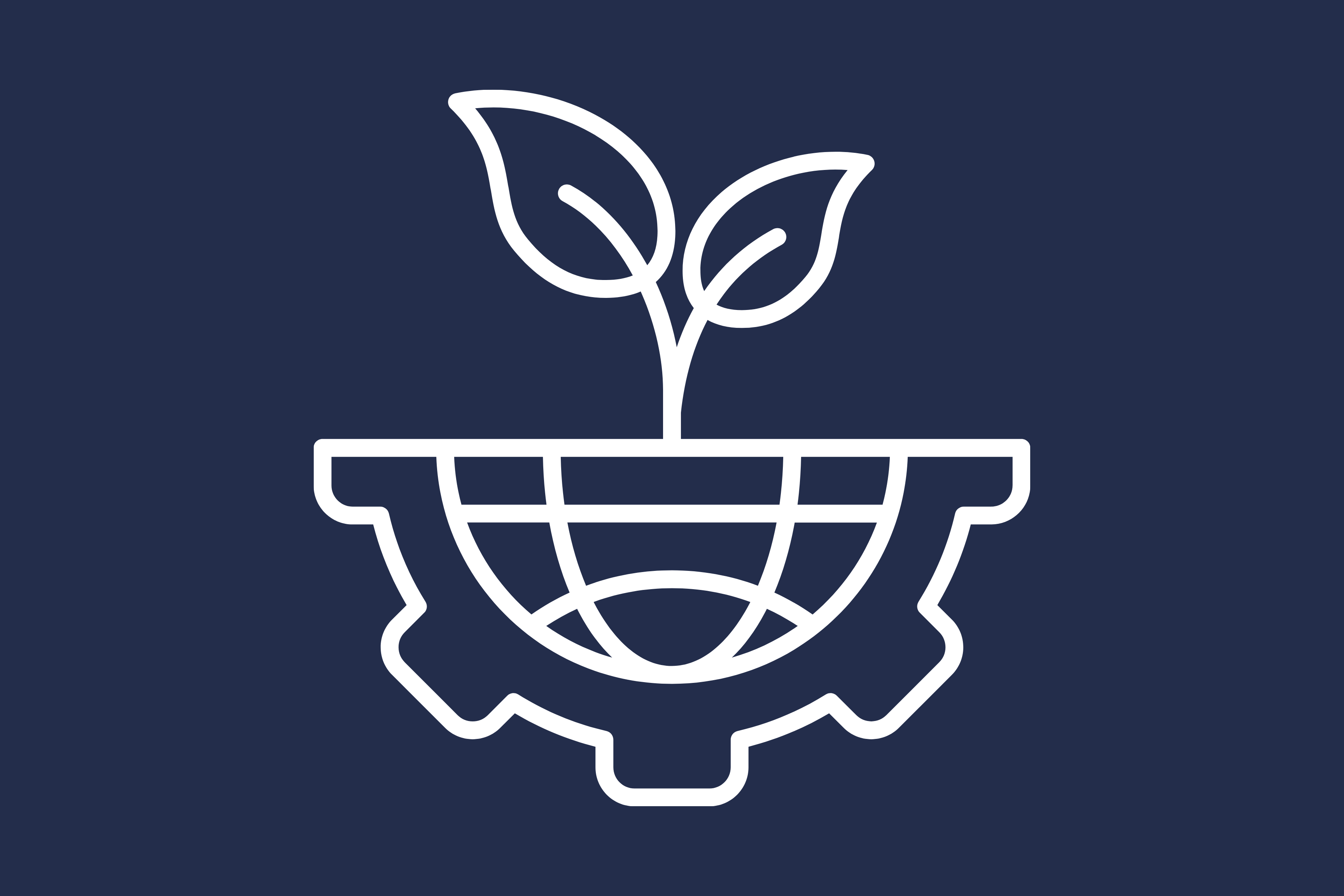Image

Turning data into real world solutions

Students apply advanced data science and AI methods to real sponsor challenges, gaining hands-on experience that mirrors professional practice from discovery through delivery.

Capstone projects tackle urgent real-world problems, using data to inform decisions, improve lives, and advance responsible solutions across communities and sectors.

Faculty-guided teams work at the forefront of data science and AI, translating emerging research and techniques into practical innovations with measurable impact.

Subscribe to receive updates from the School of Data Science.